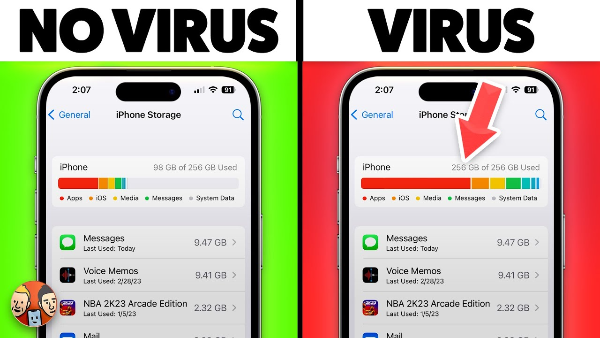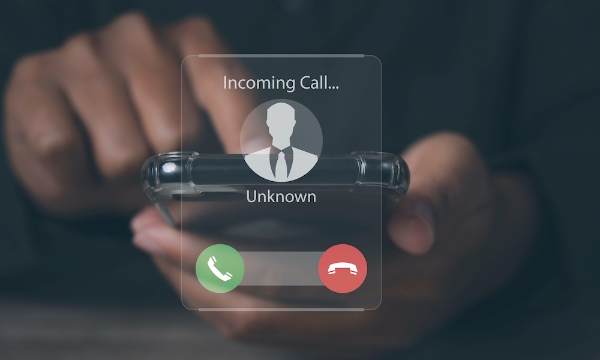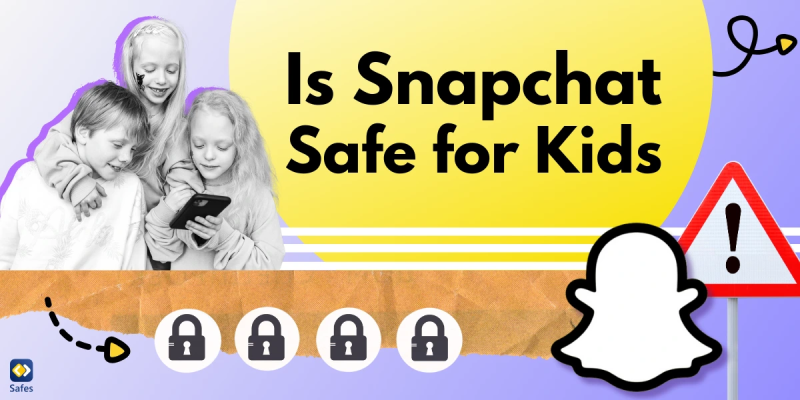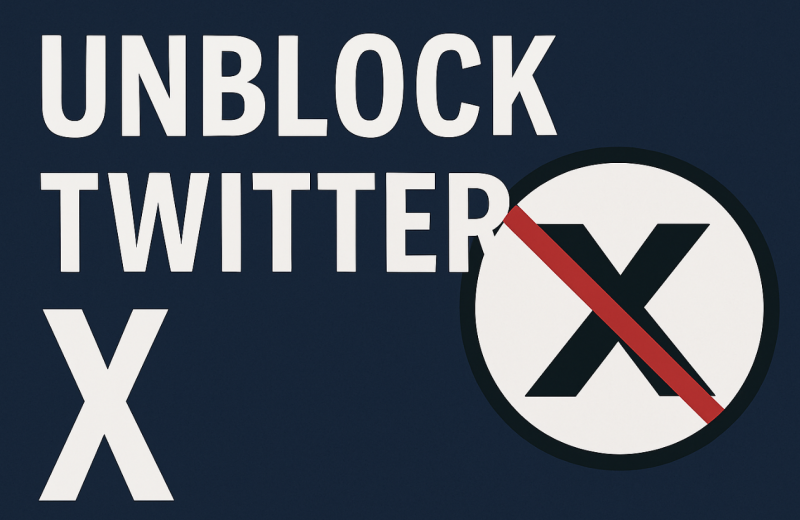What is a reverse phone lookup?
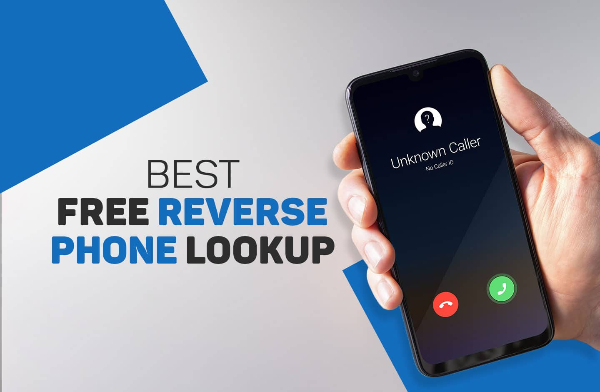
A reverse phone lookup lets you input a telephone number and try to retrieve information about its owner—typically a name, sometimes a general location or carrier. The exact data available varies widely by country and is shaped by local privacy laws. In Canada, the services and the scope of returned data are more constrained than what you might see in other regions. Expect basic association (e.g., a name or business listing) rather than full personal dossiers.
Even though these tools are useful, anyone else can run them, too—on your number. That’s why it’s smart to learn both how to perform a reverse phone lookup in Canada and how to limit what strangers can find about you.
How to do a reverse phone lookup in Canada
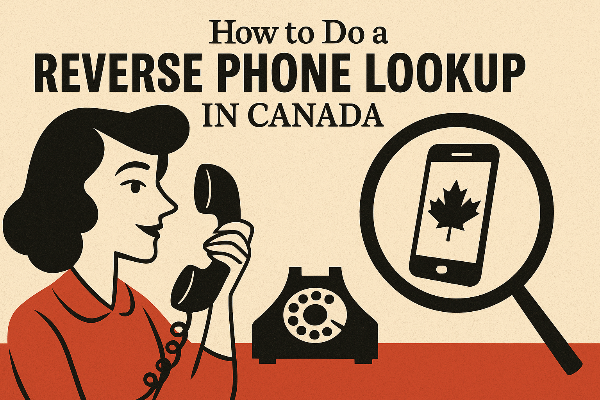
You have three primary avenues, each with tradeoffs.
-
Start with Canada411
Go to Canada411 and paste the number into the reverse lookup box. If the number is listed, you might see an associated name (often for landlines or businesses). Don’t expect rich personal detail—this is closer to a digital phone book than an investigative tool. -
Try reputable free reverse phone lookup services
Several free sites and apps operate in Canada. They can surface fragments (names, cities, user tags), but coverage and accuracy vary, and the information may be incomplete or outdated. Treat them as a first pass, not a final answer. Be cautious: new or shady sites may phish for your info or bombard you with misleading ads.Safety note: The source cautions that scammers can set up look-alike sites to harvest data. If you explore unfamiliar reverse phone lookup services, do so in a hardened browser session. A VPN encrypts your connection and masks your IP, adding a layer of protection from snoops and ad trackers—but it can’t stop you from voluntarily entering personal details on a malicious page.
-
Consider paid lookup tools (with clear expectations)
Paid services sometimes aggregate across multiple data brokers to return more comprehensive profiles. However, Canadian privacy limits still apply; paying doesn’t guarantee complete or current personal data. Read pricing carefully to avoid recurring charges or upsells, and weigh whether the information you need justifies the cost.
Whichever path you try, validate results across more than one source before acting. Cross-checking helps catch stale records and outright errors common in reverse phone lookup services.
Canada411 explained and when to use it
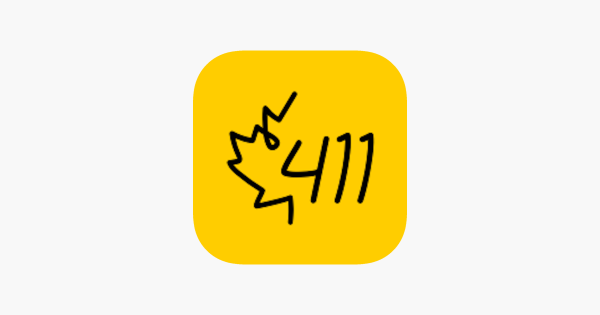
Canada411 is best thought of as the modern, searchable version of classic white/yellow pages. It provides two core functions: a people finder (by name) and a business directory (by name, category, keyword). It also offers reverse lookup if a number is listed in its directory. The strengths: it’s free for basic searches, widely used, and convenient for business discovery (with addresses and contact details where available). The limits: consumer entries may be out of date, many mobile numbers aren’t listed, and personal privacy rules restrict what’s displayed unless someone has chosen to be listed.
Bottom line: Use Canada411 early when doing a reverse phone lookup in Canada—especially for suspected business lines or legacy landlines. If you need more context (e.g., reputation signals), supplement with other sources.
Risks, accuracy problems, and privacy limits
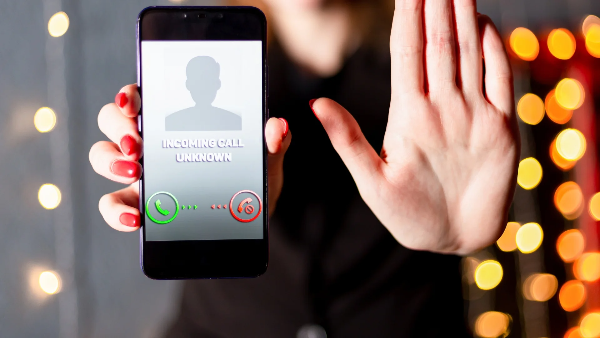
Reverse lookup is powerful—but not risk-free:
-
Privacy exposure: Depending on the service, lookups can surface personal details (e.g., a name or address). Even if the target isn’t you, normalize “need-to-know” discipline: don’t over-collect, and don’t doxx.
-
Inaccuracy & stale data: Many databases age quickly. Free sites in particular can lag months or years behind reality—wrong person, old address, recycled numbers. Always corroborate.
-
Scam vectors: Bad actors use lookup tools to verify that phone lists are “live,” then target people for phishing or social engineering. They also create fake lookup portals that harvest your info or push malware via malicious ads. Proceed carefully and avoid entering sensitive data on unknown sites.
-
Cost traps: Some “free trials” become recurring subscriptions. Read the terms before you submit a card number.
Legal/ethical note: Canadian laws intentionally limit the personal data you can obtain through a reverse phone lookup in Canada—even paid ones—so you won’t always get the answers you want. Respect those limits and use the information responsibly.
Keep your own number private: practical defenses

If you’re worried about showing up in someone else’s reverse phone lookup in Canada, take these steps:
-
Register on Canada’s National Do Not Call List (DNCL)
This won’t erase you from the world, but it reduces telemarketing outreach to your residential, wireless, fax, or VoIP number. Be aware of exemptions (e.g., certain government bodies, registered charities, newspapers) that may still contact you. -
Block or filter unknown callers via carrier or phone settings
Most Canadian carriers and modern smartphones let you auto-silence unknown or private numbers and block repeat offenders. This complements the DNCL and reduces the impact of leaked numbers. -
Minimize exposure
Don’t post your number publicly; share only when necessary and with trusted parties. Many data brokers scrape public sites and social platforms for numbers that then seep into reverse phone lookup services. -
Use alternate numbers where possible
For web sign-ups, classifieds, or meet-ups, consider a secondary number (e.g., a virtual or “burner” line) and reserve your primary number for people you trust. -
Encrypt your browsing on untrusted networks (what a VPN helps with)
While a free proxy VPN in UFO VPN doesn’t protect your phone number from a breach, it encrypts your internet connection and masks your IP—especially useful on café/hotel Wi-Fi. Because many lookup sites and data brokers rely on web tracking and IP-linked profiling, a VPN limits how cleanly those services can link your browsing to your identity.
A safe, repeatable workflow for unknown numbers
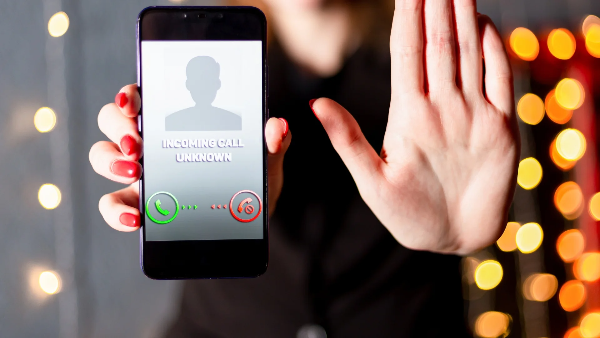
Use this playbook whenever you need to run a reverse phone lookup in Canada:
-
Triage the call first
If the number looked suspicious (odd country code, one-ring hang-up), don’t call back. Many scams monetize the callback itself. Let voicemail collect context. -
Start with Canada411 and one reputable free source
Quick check: does a name or business association pop? If two sources agree, that’s a good signal; if they conflict, treat the result as unverified and continue. -
Layer in a paid search only if needed
If the stakes are higher (e.g., fraud prevention for a transaction), consider a paid report—but temper expectations because of Canadian privacy constraints. Document your sources and dates. -
Cross-verify off-platform
For businesses, cross-check the name you found against their official site, Google Business Profile, or government registries. For individuals, look for corroboration that doesn’t invade privacy (e.g., LinkedIn name + city match). -
Use UFO VPN on untrusted networks (and practice data minimization)
When you research, especially on public Wi-Fi, connect UFO VPN first to encrypt the path, mask your IP, and cut down ad-tracker correlation as you move between reverse phone lookup services. Keep your browser lean (few extensions) and avoid logging into personal accounts during lookups to reduce linkage. -
Decide and act
If the number maps to a legitimate business and the voicemail aligns, return the call via the official number listed on the company’s website (not the one that contacted you). If it’s likely spam, block and report to your carrier.
VPN Helps You Improve Your Safety
A VPN is not a magic eraser for your phone number—it won’t delist you from Canada411, block spam calls, or reveal who owns a number. What it does do is protect the network side of your research:
-
Encrypts your connection (e.g., on hotel or café Wi-Fi) so snoops and rogue hotspots can’t monitor your lookups or harvest cookies.
-
Masks your IP/location, making it harder for lookup sites, ad networks, and data brokers to stitch together a unified profile as you bounce between pages.
-
Supports safer browsing habits with features like Split Tunneling (route only your browser through the VPN) and a Kill Switch (prevent accidental exposure if the tunnel drops).
Start with UFO VPN in 4 Steps:
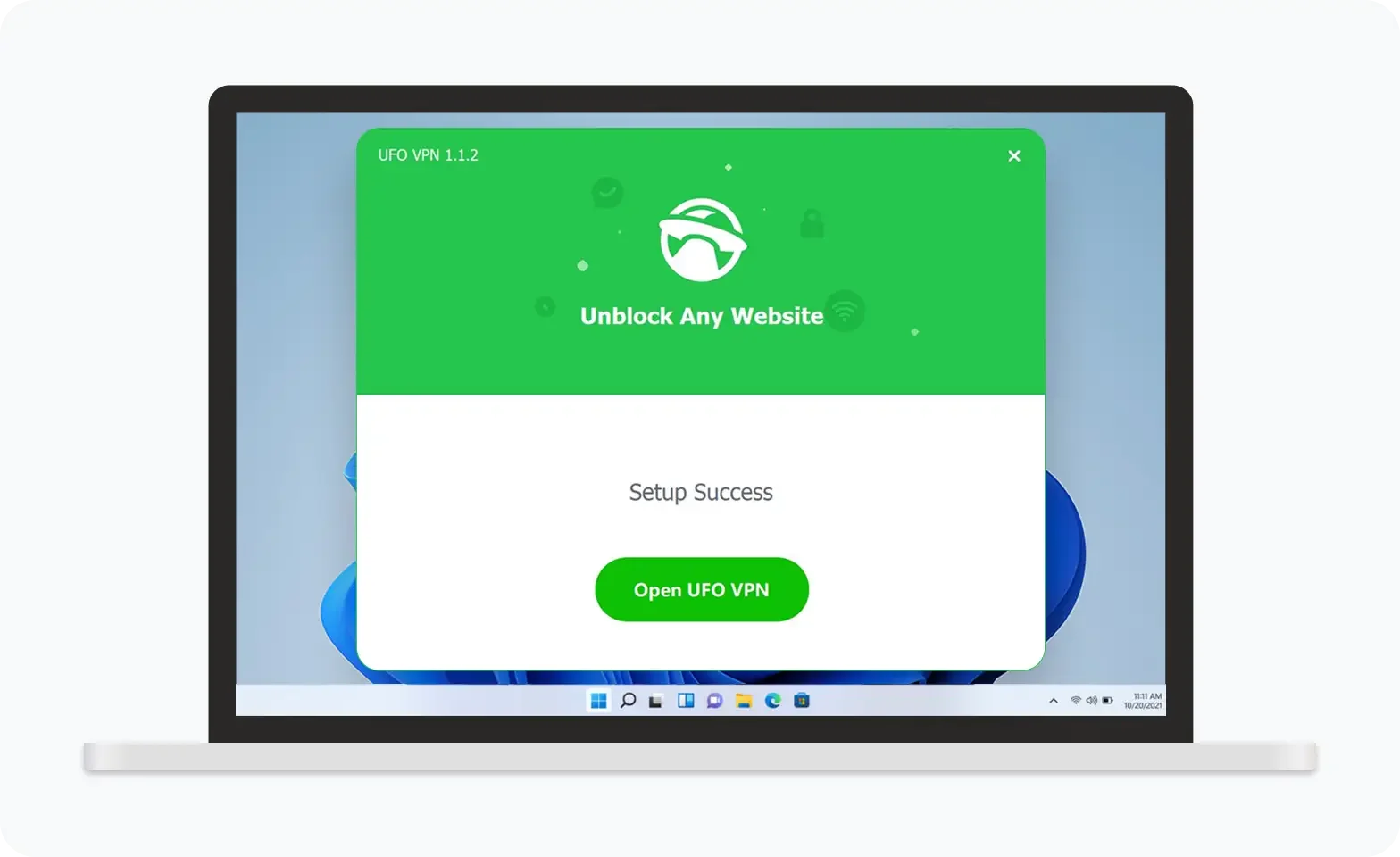
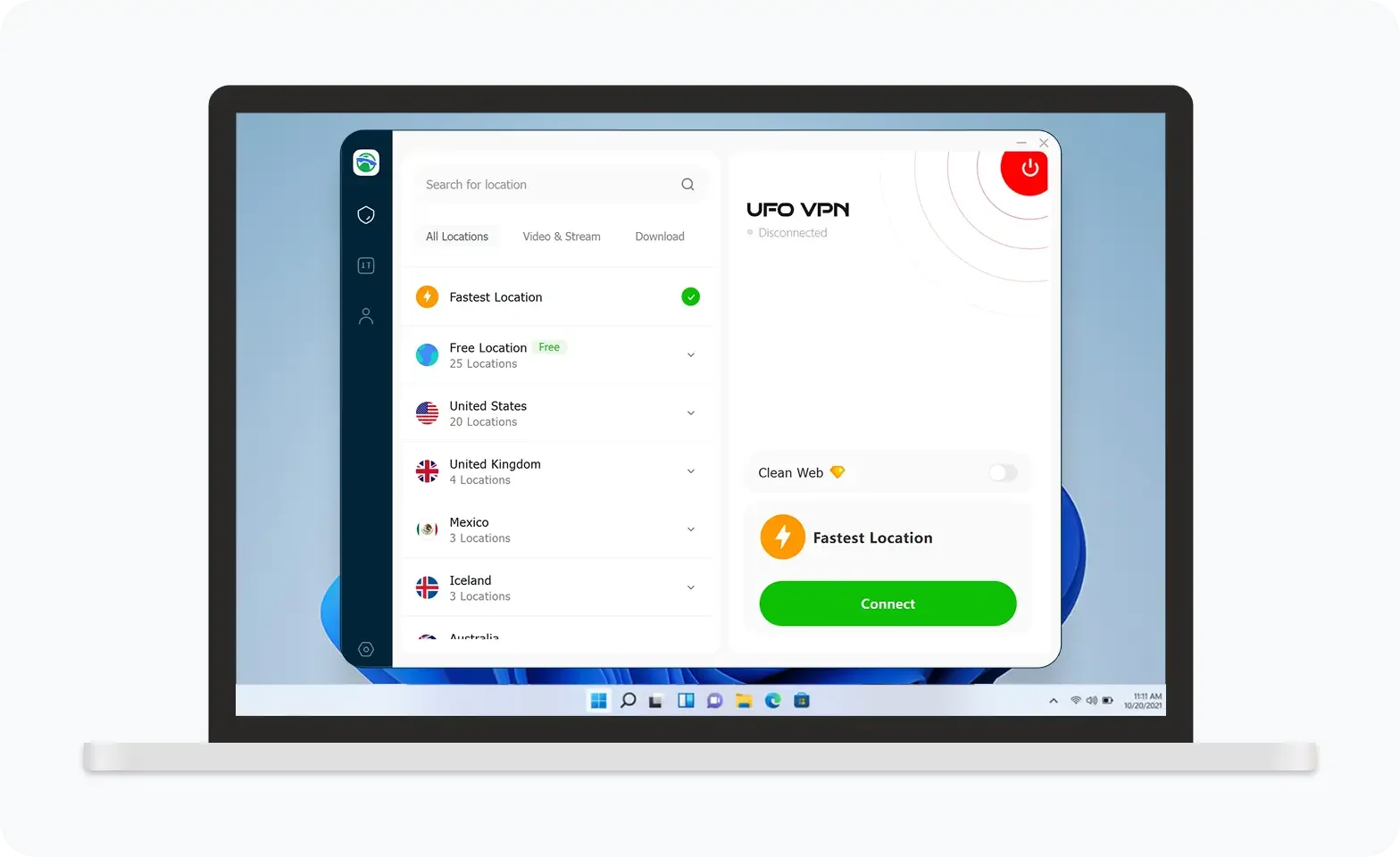
UFO VPN is an all-in-one VPN that offers unlimited access to 4D streaming like Netlfix, Disney Plus, no-ping gaming as PUBG, Roblox, CODM and social networking for YouTube, X, Facebook and more.
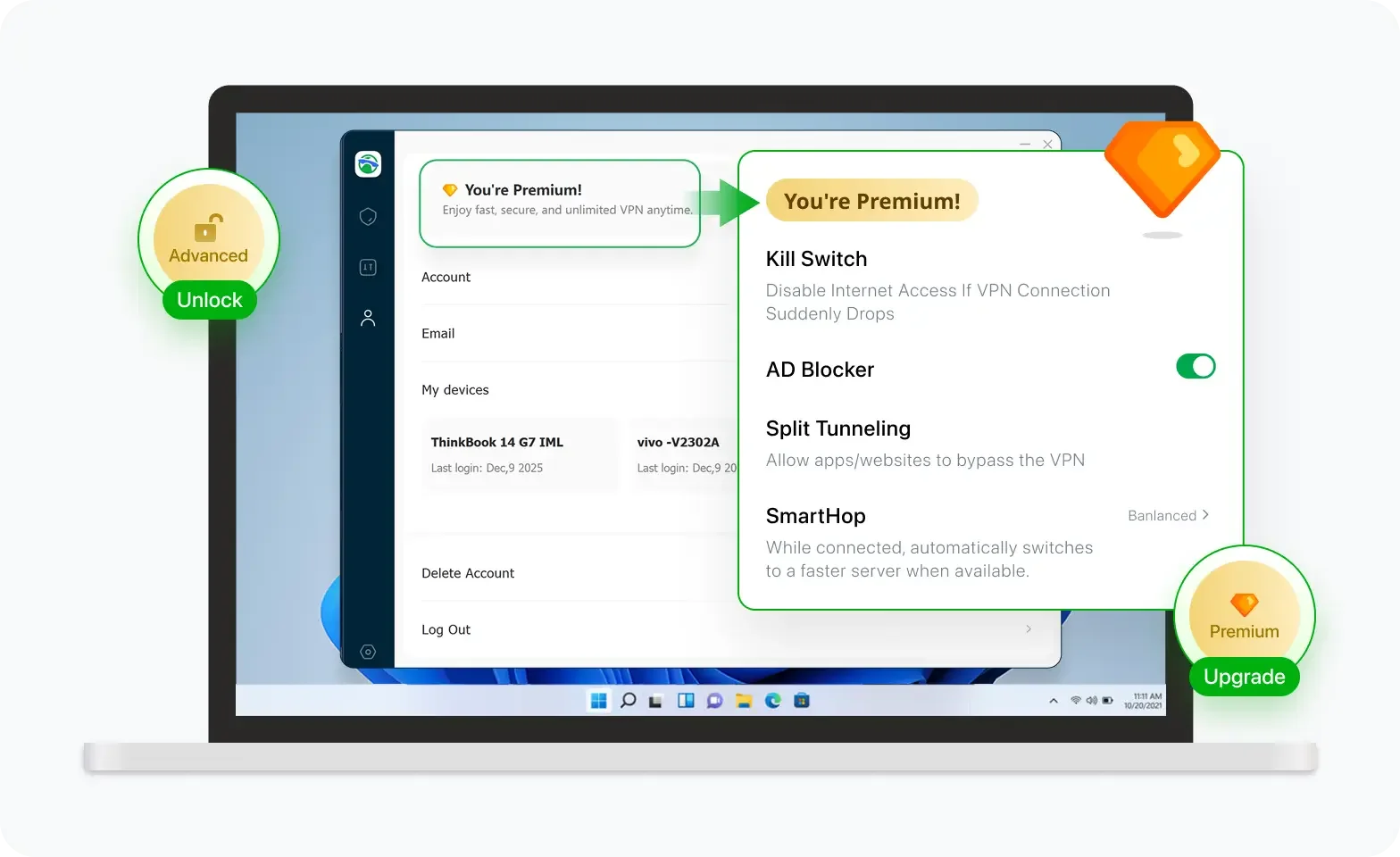
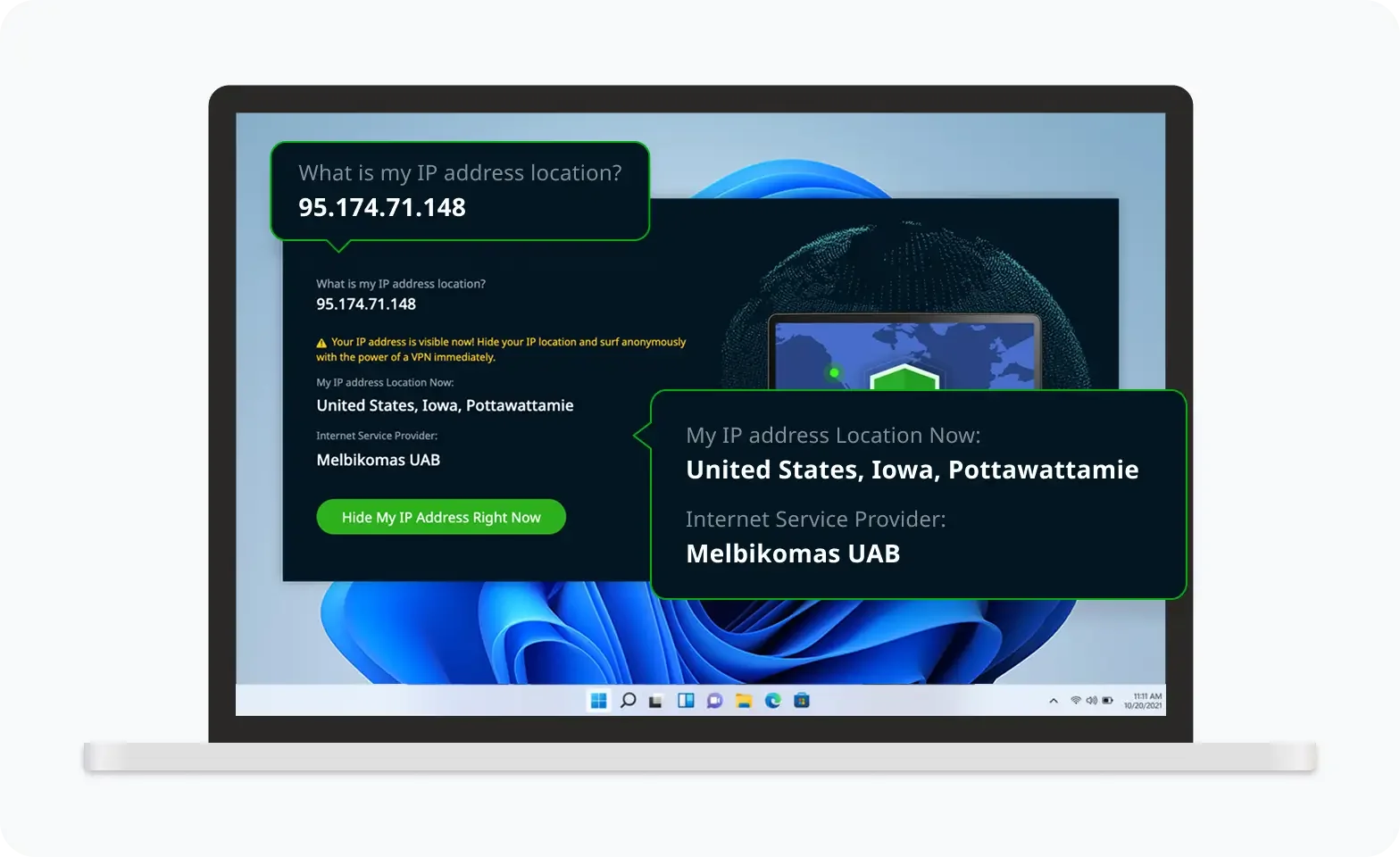
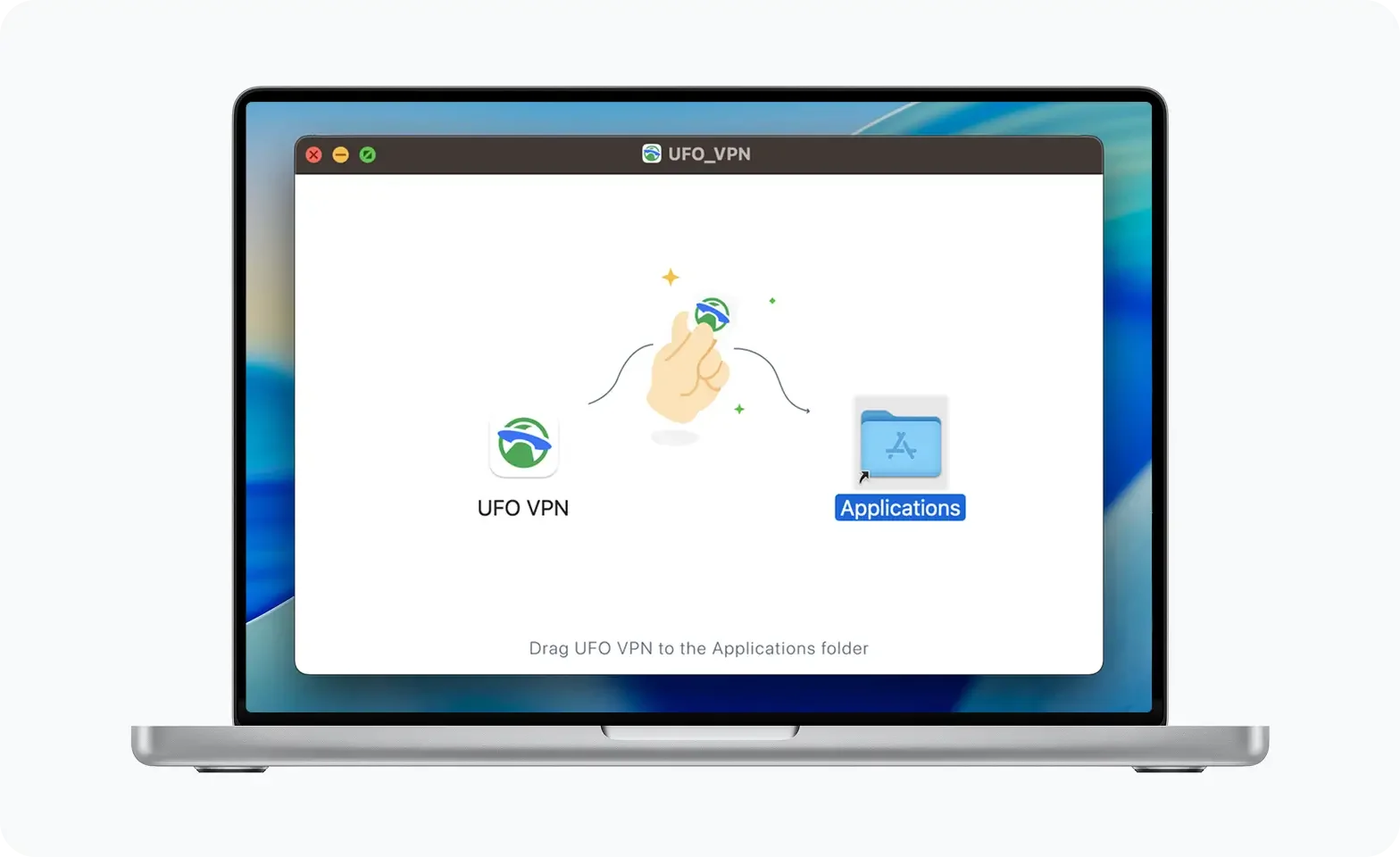
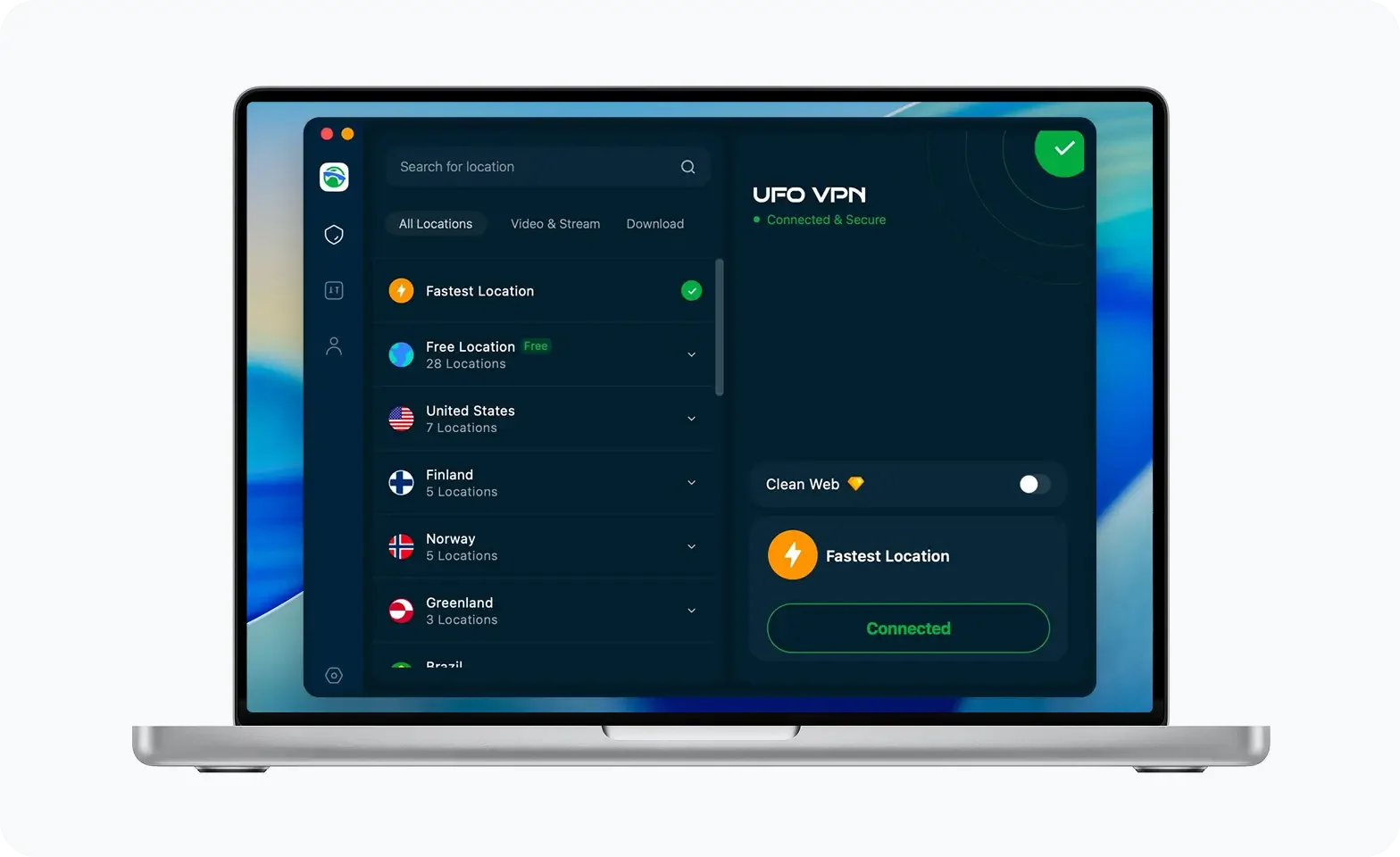
Unlock Pro Features
If you have upgraded to premium plan , feel free to enjoy premium servers for 4K streaming and advanced features like Kill Switch, Split Tunneling, and gaming acceleration. Your Mac is now fully optimized and protected. Inaddition to basic functions, we recommend you turn on

Verify Your IP Now
Use UFO VPN's " What is My IP " feature to see your new IP and location. This confirms your connection is secure, anonymous, and ready for safe browsing online anywhere at any time.

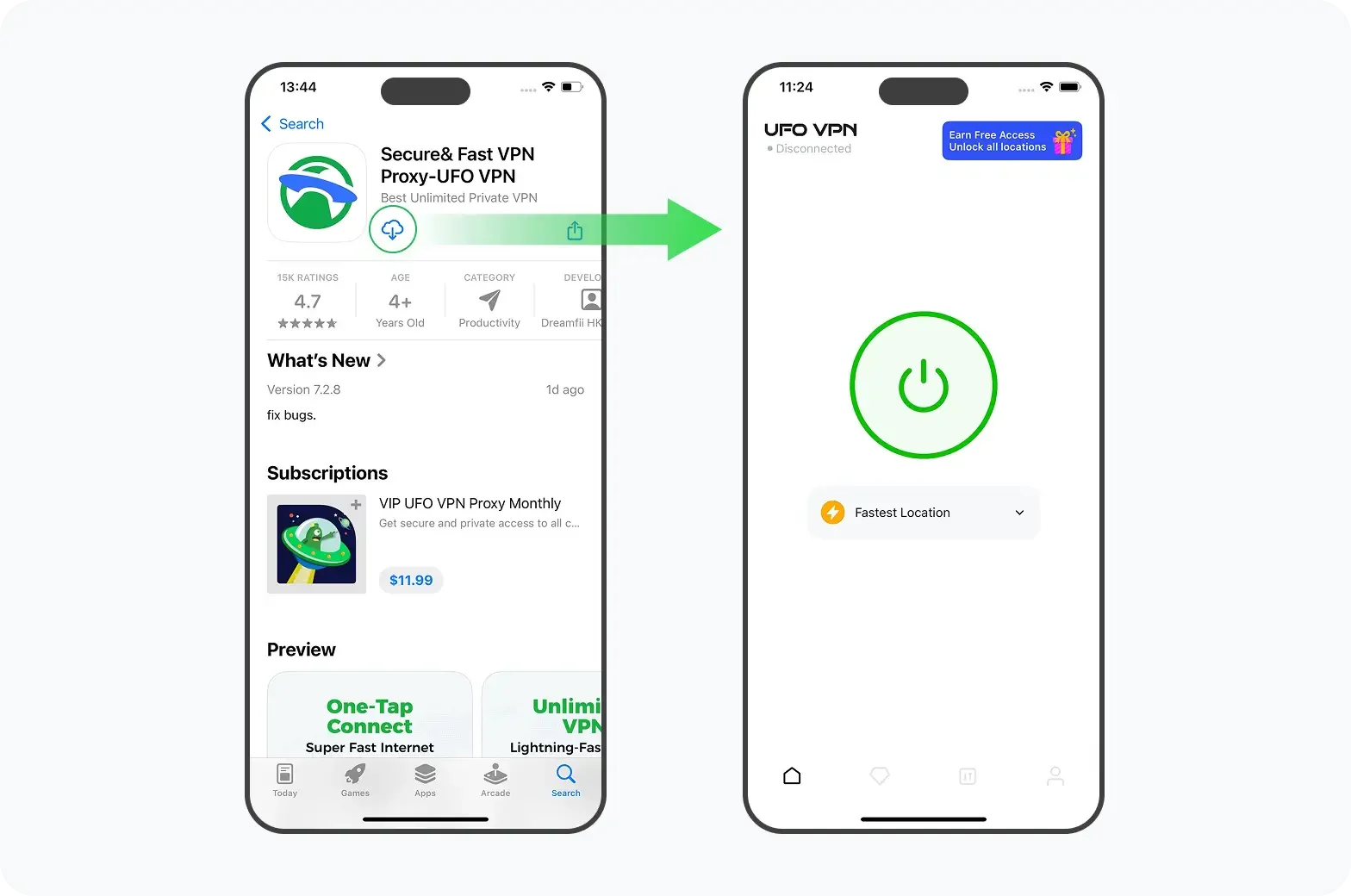
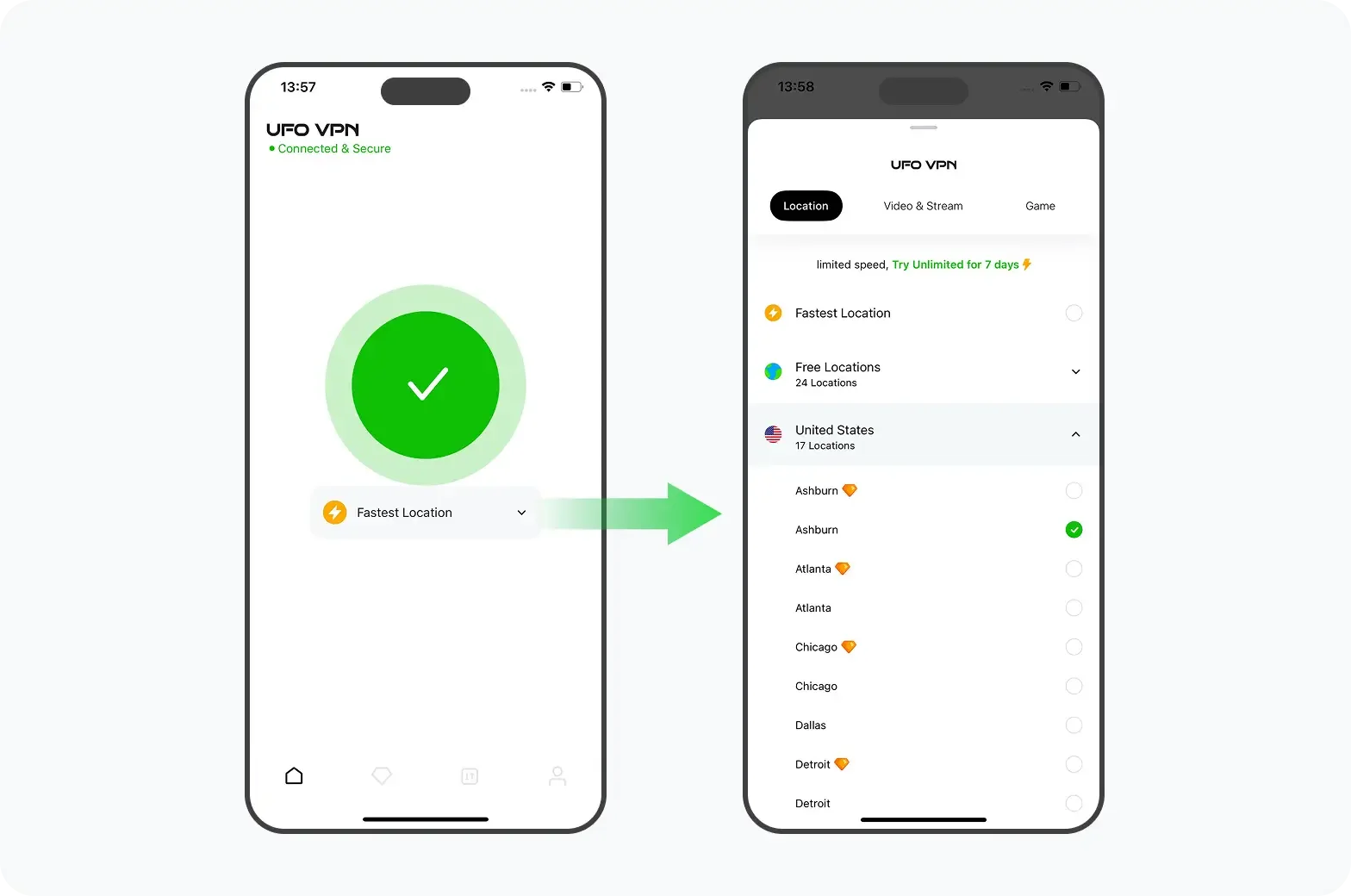
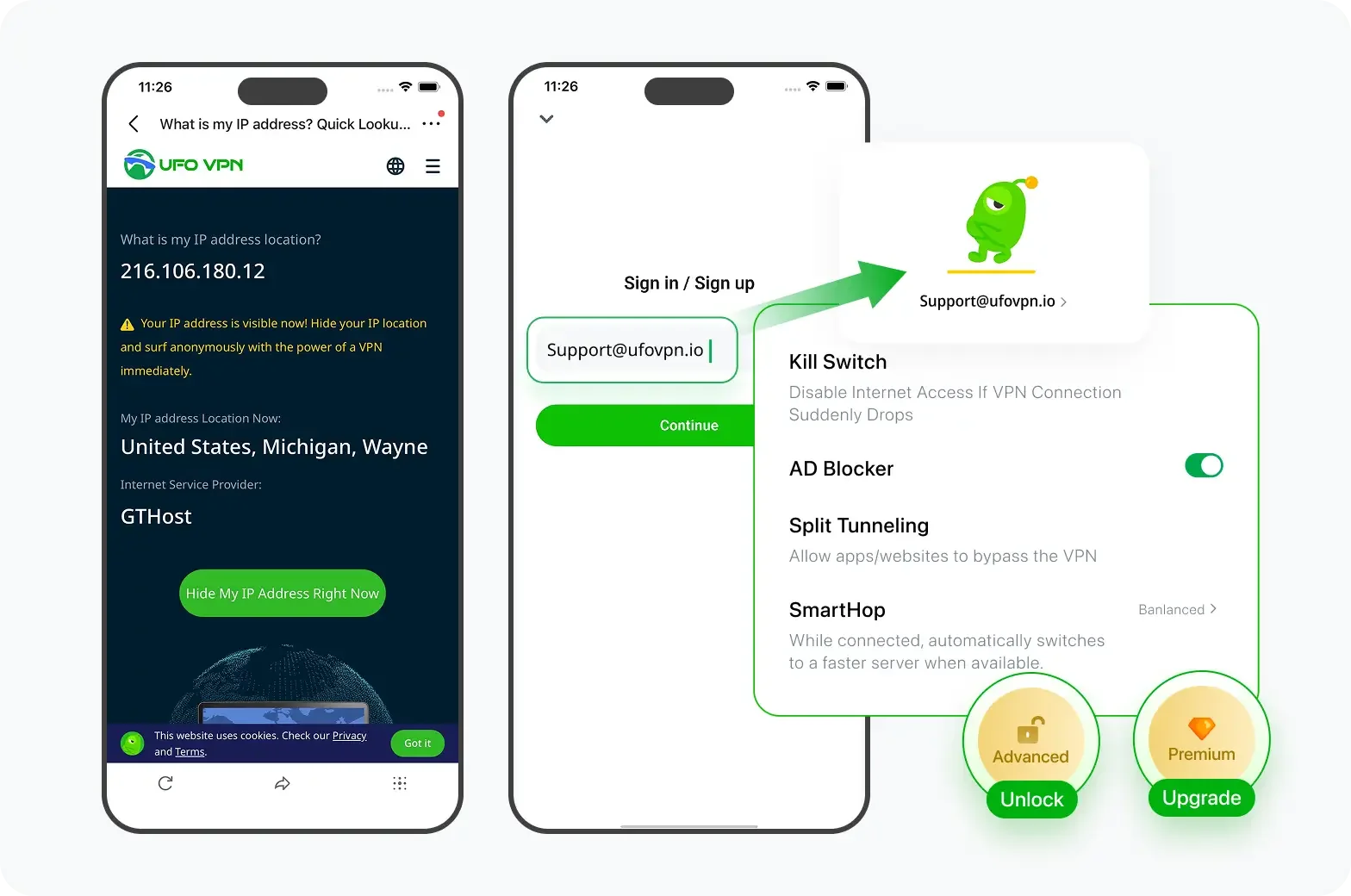
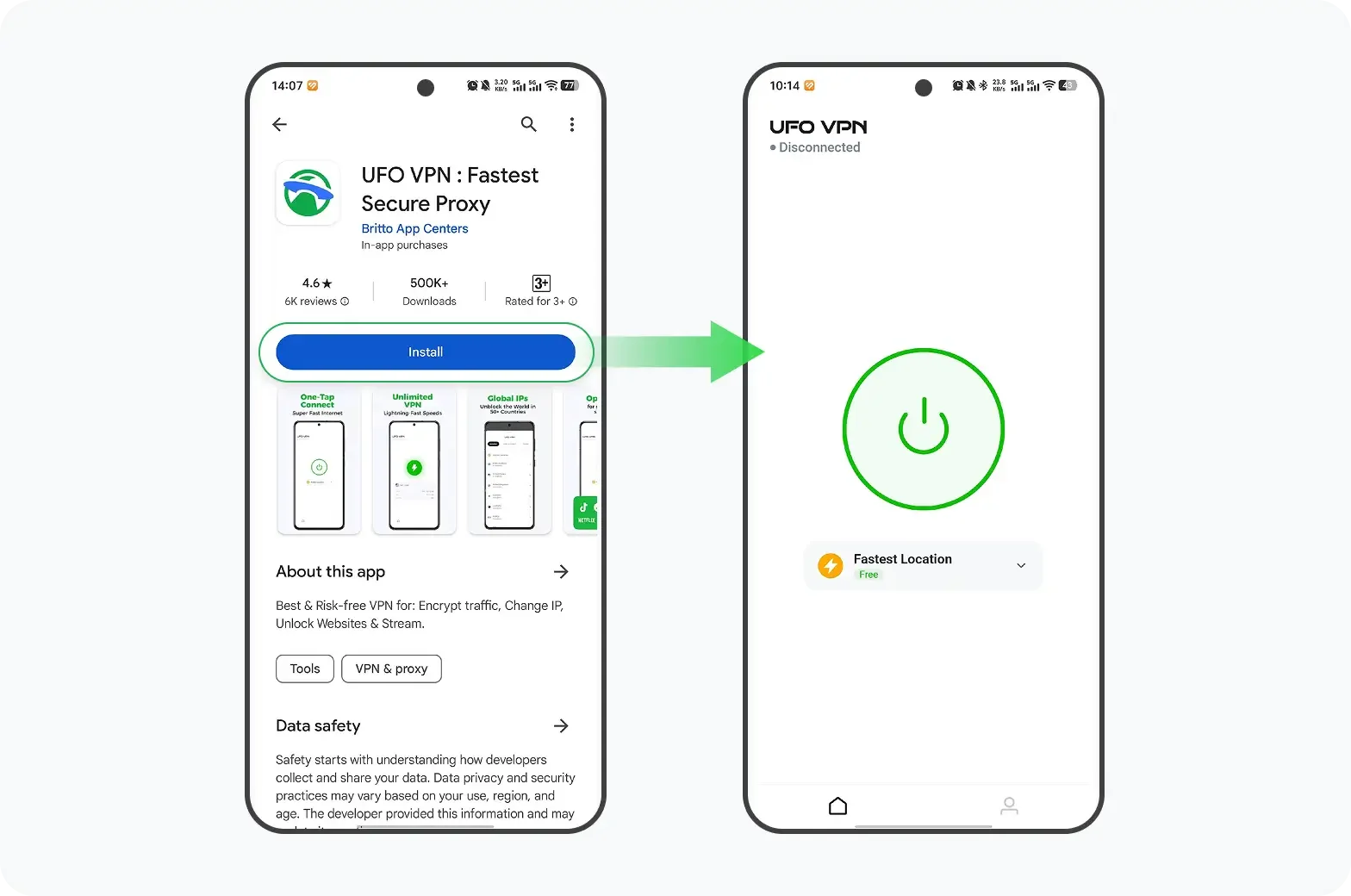
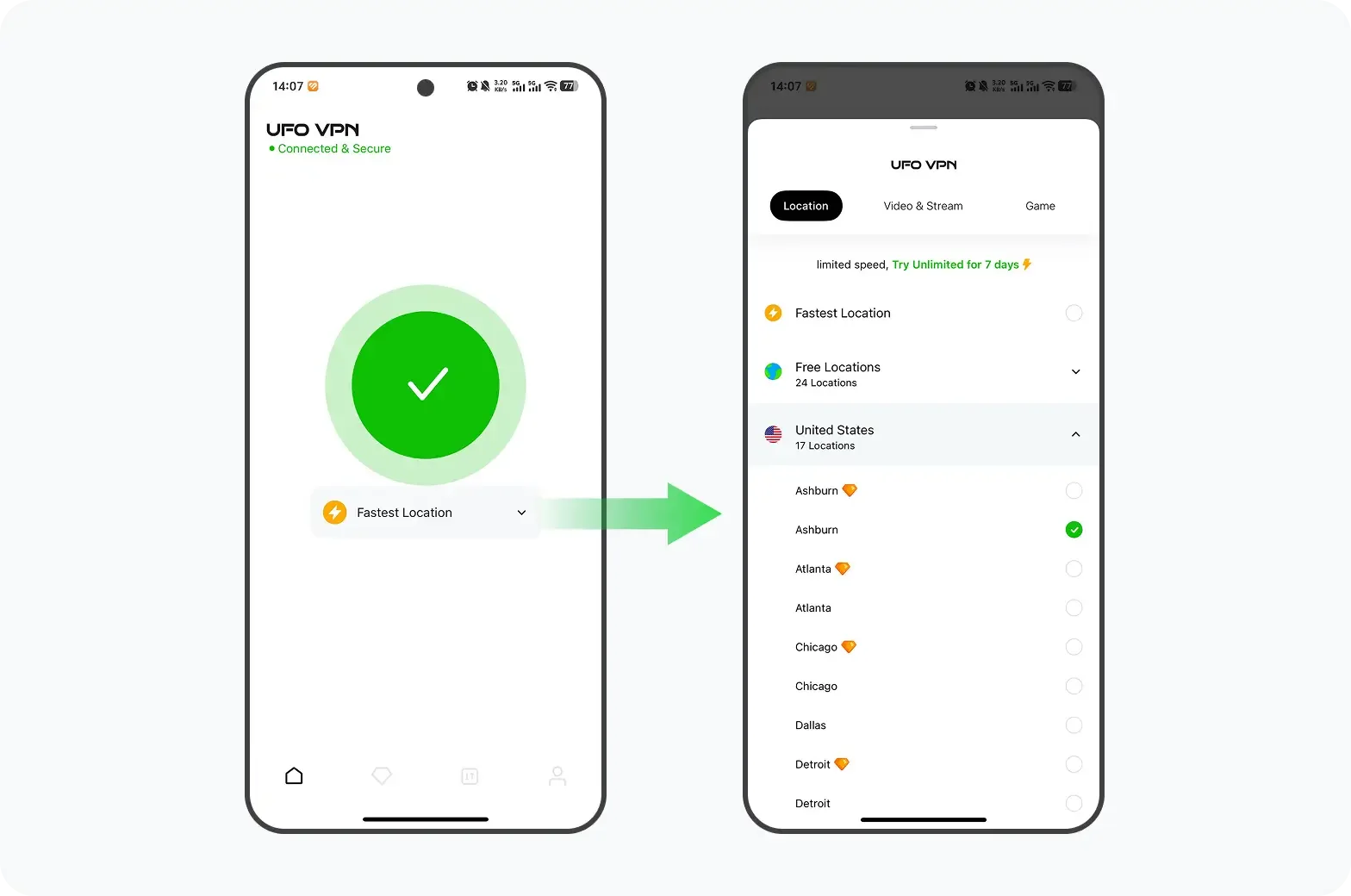
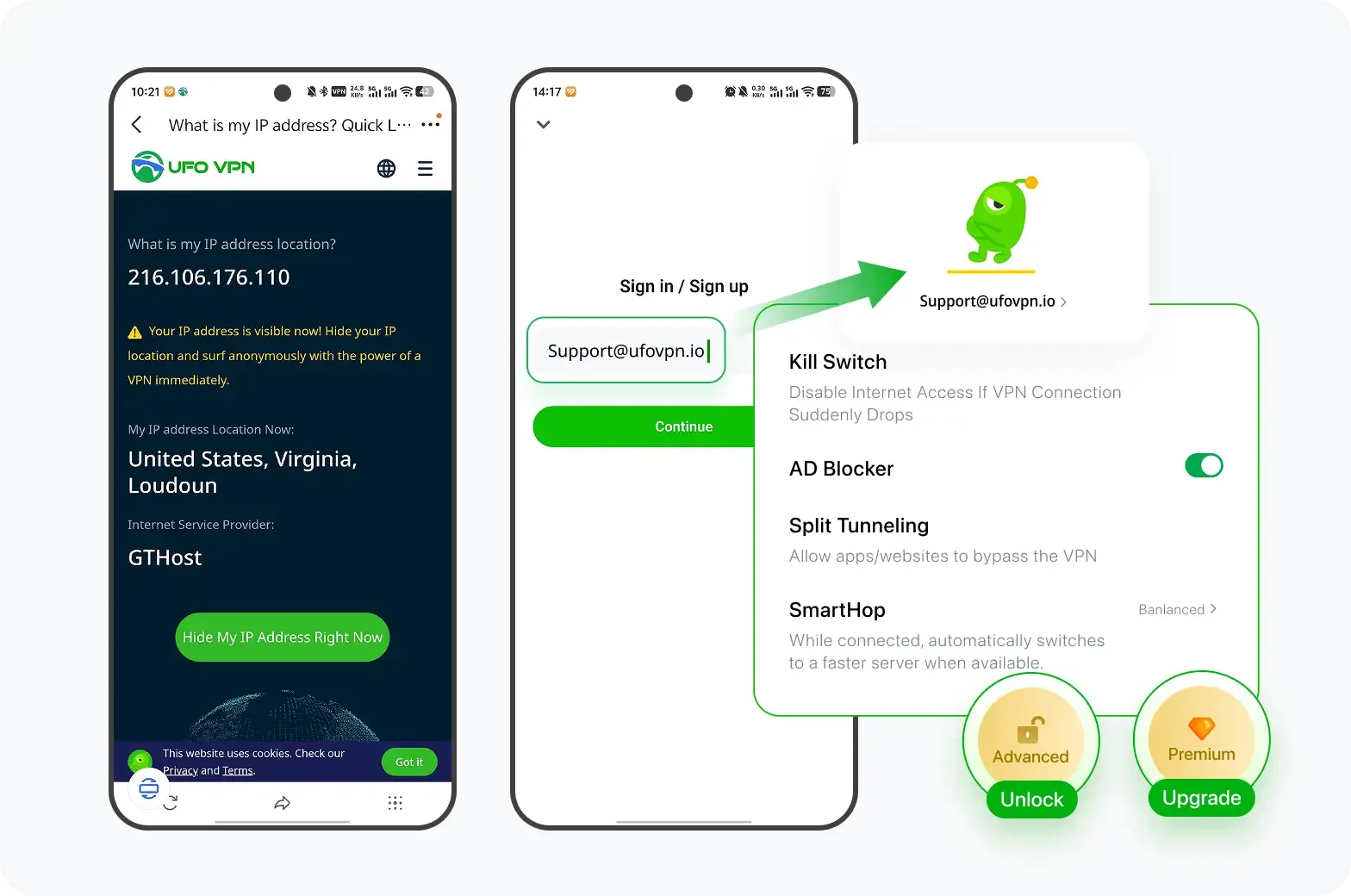
Pair these protections with the directory-specific steps above and the DNCL to materially reduce risk while you perform or defend against a reverse phone lookup in Canada. Note: even the source that recommends VPN use also reminds readers a VPN can’t prevent you from entering personal information on a malicious site—your judgment still matters.
FAQs
What exactly can I expect to learn from a reverse phone lookup in Canada?
Usually, a name (especially for business listings or listed landlines) and possibly a general area. Privacy rules limit deep personal data, and many mobile numbers won’t surface in public results.
Is Canada411 the best place to start?
Yes for quick, legitimate checks—it’s a digital phone book with people and business directories and a built-in reverse lookup. Just remember its coverage and freshness vary, and not all numbers are listed.
Do paid reverse phone lookup services give me more in Canada?
Sometimes, but Canadian privacy limits still apply. You might see more cross-referenced signals, yet it’s not guaranteed to be complete or current—evaluate cost vs. value..
Are free reverse phone lookup services safe?
Some are, some aren’t. The risk is inaccurate or stale data—and, worse, malicious clones that phish for info or inject bad ads. If you try them, harden your browser session and consider using a VPN to encrypt traffic and reduce tracking

